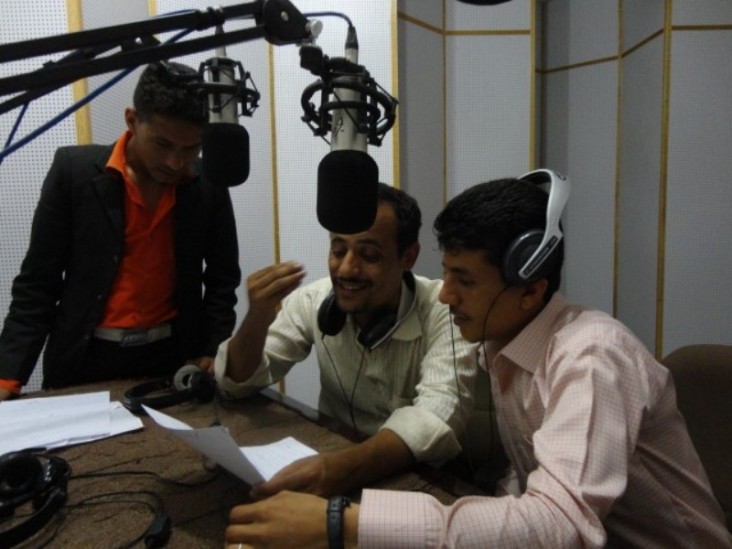
Since popular uprisings in Yemen in 2011, the country has been undergoing a political transition. As part of USAID’s work in Yemen to enhance local participation and democracy, the Agency has been helping the transitional government and the Yemeni people to come together to build a government responsive to citizens’ calls for reduced corruption, access to services and increased economic opportunity.
This process of transformation continues through an inclusive National Dialogue Conference—a series of discussions to build broad consensus on reforms and set the stage for a new constitution and for presidential elections to be held in 2014. Yemen’s transition aims to address key issues—such as future relations between the feuding north and the south, and rights and freedoms—to lay the foundations for effectively tackling the country’s long-term development challenges.
The conference, which began March 18, 2013, and has been extended beyond its six-month mandate, is a key component and mandate of the Gulf Cooperation Council (GCC) Initiative signed in November 2011 by the conflicting parties in Yemen for a politically negotiated and peaceful transition. The participants in the National Dialogue Conference include representatives of Yemen’s political parties, youth community members, civil society organizations, ethnic groups and women.
As discussions continue within the conference on the shape the country’s future government should take, a series of radio shows and public hearings were launched in August 2013 giving local officials, the public and activists a platform to share their views and aspirations about Yemen’s future and the issues and outcomes of the conference.
The shows and hearings, supported by USAID’s Responsive Governance Project and the Good Youth Development Association, also increase public awareness about the National Dialogue and how its interactive and open discussions will affect citizens’ lives.
Mohammed Al-Mansob called into one of the shows to say the programs “help local citizens, especially those who cannot read and write to understand the issues addressed in the National Dialogue Conference and to be informed and actively engaged in shaping Yemen’s new future.”
Public hearings are also bringing together citizens and local officials to discuss the National Dialogue Conference and how the results relate to their needs and concerns.
Safwan Al-Showaiter, a participant at one of the hearings representing the Childhood’s Friends Association, said that engaging communities through different media outlets is necessary to create a democratic and open link between the public and members of the National Dialogue Conference.
The public’s views and aspirations gathered from these discussions are collected into documents and presented to the conference. This type of public engagement and participation helps ensure the conference will more fully reflect the varied voices of Yemen to better address the challenges facing the country and create a better future for its people.







Comment
Make a general inquiry or suggest an improvement.